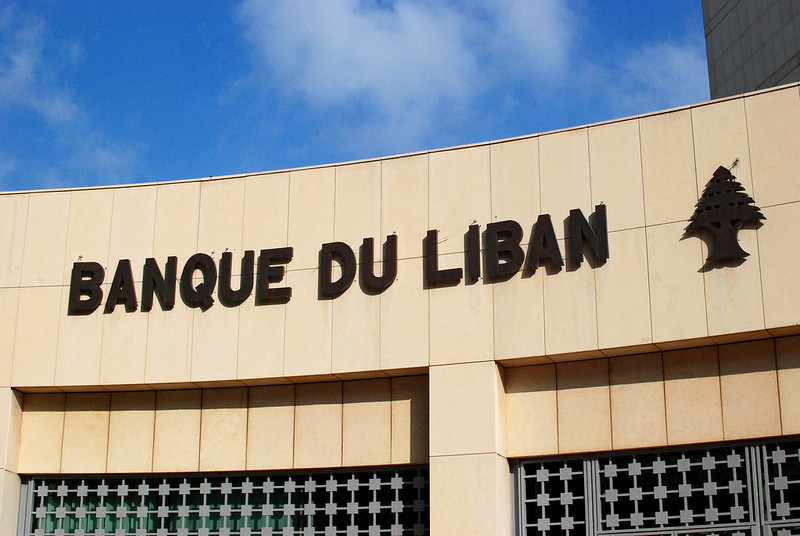Eurojust on Monday announced that the case relates to five unnamed individuals suspected of embezzling more than $330 million in Lebanese public funds between 2002 and 2021.
The frozen assets include three properties in Germany, a seven million euro ($7.7 million) building in Brussels, two complexes in Paris worth 16 million euro ($17.7 million), and shares in a Düsseldorf-based company worth an estimated 28 million euro ($31 million).
Authorities also froze 46 million euro ($50.9 million) in bank accounts in Monaco, 11 million euro ($12 million) in accounts in Luxembourg, and 2.2 million euro ($2.4 million) in French accounts.
Several frozen properties described in Eurojust’s announcement appear to correspond to those uncovered by an OCCRP investigation published two years ago. Eurojust and authorities in Luxembourg declined to provide further details.
That investigation also exposed property assets worth tens of millions of dollars in the United Kingdom owned by Salame via companies in Luxembourg and Panama.
Nady Salame, Salame’s son, and Marwan Issa El Khoury, his nephew, directed several companies in which Salame was the beneficial owner.
Authorities in Switzerland, France, Luxembourg and Liechtenstein have all launched money laundering or embezzlement probes tied to Salame, who was charged with illicit enrichment by a Lebanese judge last week.
Salame has repeatedly denied any wrongdoing and said he had demonstrated that his wealth had been acquired before he took up his Central Bank post in 1993.

